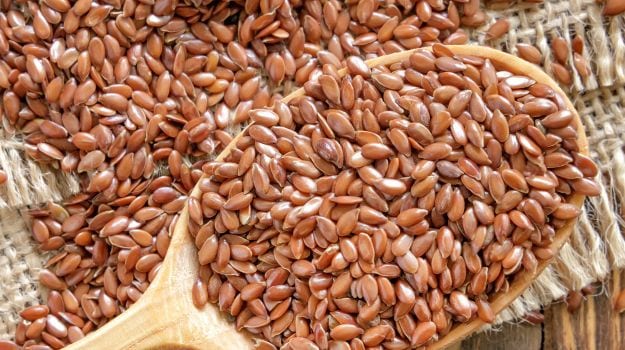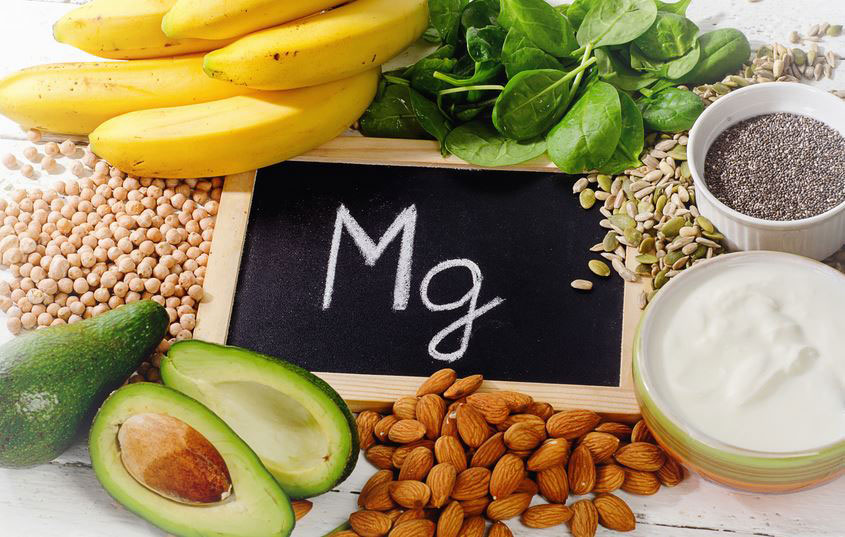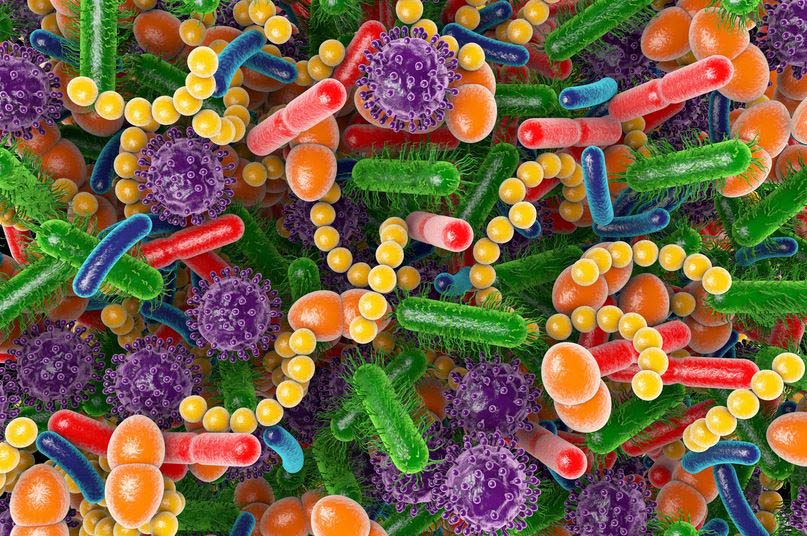Menopause occurs when there is a marked decrease in the release of oestrogen and progesterone from the ovaries. The ovaries cease to produce an egg cell each month and therefore periods cease, this is an important trigger for the onset of menopause.
Menopause usually occurs between the ages of 45 and 55. In Western nations, the average age of Female Menopause onset is 51. Menopause is confirmed after periods cease for 12 months. (Blood tests can be performed and may show elevated follicle-stimulating hormone (FSH) levels and low oestradiol).
Symptoms Experienced in Menopause
The transition into menopause, called perimenopause, commonly lasts for 2-3 years prior. Common signs of perimenopause and menopause are due to the irregular levels of oestrogen and progesterone and can include – irregular menses, skin changes, mood changes, depression, memory loss, insomnia, fatigue, vaginal dryness and atrophy, changed libido, night sweats and hot flushes. These symptoms, which may be moderate to debilitating, are NOT TO BE ENDURED. They can be lessened and managed, through diet and lifestyle changes. Herbal medicine can also provide assistance in this transition to support this naturally occurring process.
One of the most common issues in menopause is hot flushes. The drop-in oestrogen is a significant catalyst. The loss of thermoregulation occurs with low DHEA (an adrenal hormone) as a result of chronic stress and accompanying neurotransmitter imbalances, including depleted GABA and serotonin with increased noradrenaline and corticotrophin-releasing hormone (CRH). This combination can result in, hot flushes, mood changes, and difficulty sleeping. If sleep is disturbed, then everything can get (or feel) worse.
And now for some good news!!!
Dietary and lifestyle guidelines that may assist in the management of menopause include:
Adopt general wholefood dietary principles such as high in fruit, vegetables, whole grains, vegetarian protein, nuts, seeds, legumes Sugary foods are usually devoid of nutrients and may promote the presence of candida/dysbiosis in the bowel and upset digestive function as a result In addition, since the risk of diabetes and metabolic syndrome increases at the onset of menopause, a dietary review can be necessary
Avoid saturated, trans and hydrogenated fats, found in animal products and processed and takeaway foods Chilli and other spicy foods that may cause heat in the body, aggravating symptoms of hot flushes
Encourage Phyto-oestrogen food sources (see below) One type of Phyto-oestrogens – the soy-isoflavones – is found as a staple in the traditional Asian diet Phyto-oestrogens such as isoflavones are believed to compete with oestrogen for the same receptors, thus exerting oestrogenic effects. dietary sources of Isoflavones –
Total Isoflavones per 100 grams
Legumes:
Soybeans = 5.79 – 381.2g
Processed Soybean Products:
Soymilk (powder) = 3.4 – 17.5g
Soy Sauce = 1.3 – 7.5g
Tempeh = 64g
Textured Vegetable Protein = 42g
Tofu = 7.9 – 67.4g
Split Peas (green) = 7.3g
The optimum therapeutic dosage of total Isoflavones for therapeutic purposes is 25 – 45 mg per day. Dietary support and recipe ideas to incorporate the phytoestrogens can be the start of managing menopause







0 Comments